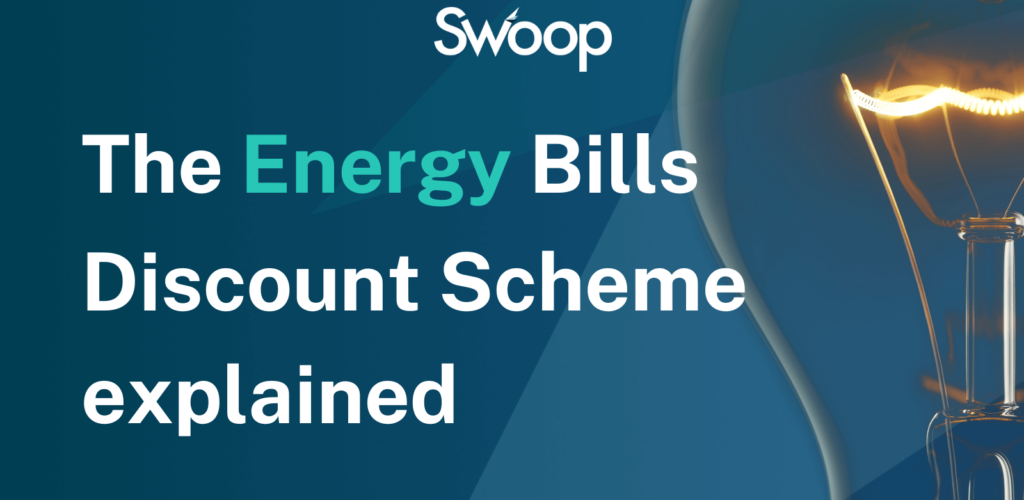Please note: this scheme has now expired as of March 2024.
Already suffering from labour shortages, supply chain issues, and rising inflation in 2022, UK businesses were suddenly blasted with sky-high energy costs last summer as the war in Ukraine and other energy market problems created a global oil and gas crunch.
With energy prices rising by as much as 500%, and intent on preventing tens of thousands of business closures, the UK Government introduced the Energy Bill Relief Scheme (EBRS) for businesses from October 2022. Designed to soften the impact of high wholesale energy prices, the scheme capped the price per energy unit that businesses would pay. When EBRS ended on March 31st 2023 it was replaced by the Energy Bills Discount Scheme.
Although less generous than the old scheme, this programme still limited the gas and electricity bills that businesses faced.
Why did the government replace EBRS with this scheme?
For two reasons: Firstly, the UK Government says the previous scheme cost the taxpayer over £18billion, equivalent to a 3p in the £1 rise in income tax – a level of support that they claim was unsustainable. Secondly, global oil prices fell dramatically since September 2022 and wholesale gas prices are now less than they were before the war in Ukraine began. This means natural market forces are already reducing business energy bills, thus lowering the need for such large financial support. This package was worth £5.5 billion over a 12 months period.
Who did the Energy Bills Discount Scheme apply to?
All eligible UK businesses, charities, and public sector organisations who buy gas and electricity from a licensed energy supplier. Some energy intensive businesses, (typically manufacturers), may also have been eligible for a higher rate of relief.
When did the new scheme start and what will I get?
From 1 April 2023 to 31 March 2024, eligible business customers who had a contract with a licensed energy supplier saw a unit discount of up to £6.97/MWh automatically applied to their gas bill and a unit discount of up to £19.61/MWh automatically applied to their electricity bill, (except for those already benefitting from lower energy prices).
A significantly higher level of support was provided to businesses in sectors identified as energy and trade intensive – predominately manufacturers. These businesses receivec a gas and electricity bill discount based on a supported price which will be capped by a maximum unit discount of £40.0/MWh for gas and £89.1/MWh for electricity.
Energy discounts at a glance
| Discount savings per MWh | ||
| Gas | Electricity | |
| Most businesses | £6.97 | £19.61 |
| Energy-intensive businesses | £40.00 | £89.10 |
Did I have to apply to get the discount?
No. If you received an energy saving under the previous scheme, you were automatically given a saving under the new scheme.
I’m up for renewal soon, what should I do?
Even though wholesale oil and gas prices continue to come down, energy rates for businesses are still expected to remain high through. If you are up for renewal soon, upload your energy bill to Swoop: we’ll assess the market and recommend the best time to forward-purchase your next energy contract.
Can I get more support for my business?
Energy costs are not the only pressing concern for UK businesses. Organisations face rising costs for raw materials, rent, business rates, labour and transport – a cluster of issues that can crimp cashflow and apply a brake to growth. Swoop works with a wide array of lenders who can provide swift and affordable funding solutions for most financial problems. To find out more about equipment and vehicle financing, working capital loans, VAT loans and more, register with Swoop today.

































 yet? Register here!
yet? Register here!